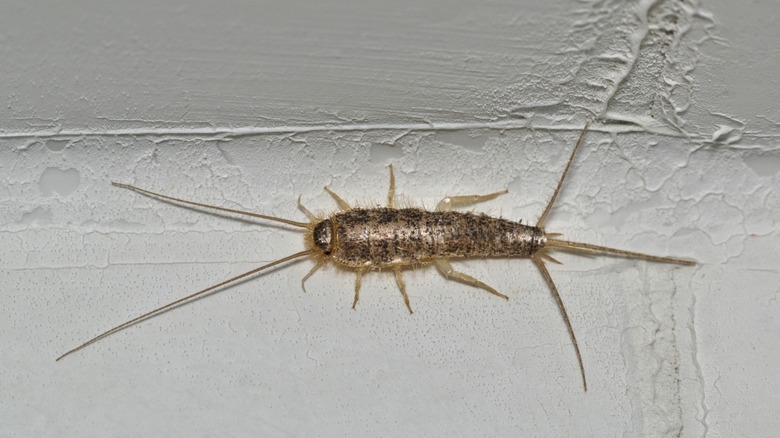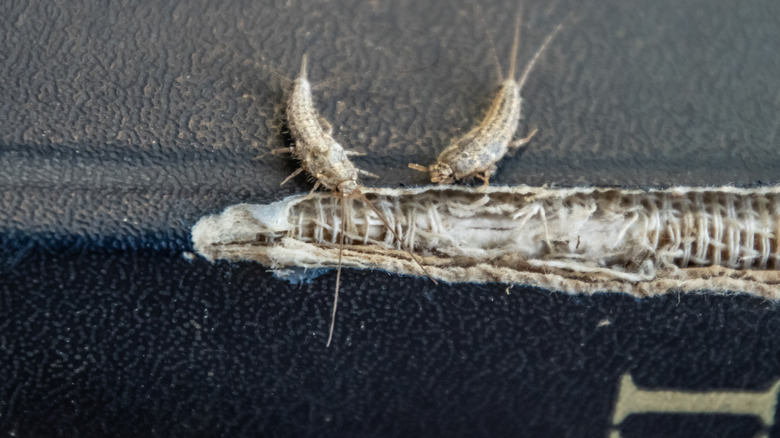Why You Should Take Caution If You Only Find One Single Silverfish In Your Home
Silverfish are small insects that live in damp areas and are active at night. Because these bugs love to hide, an infestation isn't always noticeable at first. If you see a silverfish in your home, it could mean that there are more throughout the house. Though one silverfish does not always point to an infestation, these insects are prolific multipliers, with one female potentially laying a few groups of eggs every day. These groups can have as many as 20 eggs. Because of this, if you see a silverfish in your home, it's a good idea to take a closer look and ensure these insects aren't populating inside your walls.
Though they do not carry diseases or bite, it still may be a good idea to get rid of silverfish as they can destroy clothing, insulation, and things made of paper, such as photographs, books, newspapers, and wallpaper. Some people may be allergic to the scales or excrement of these insects. They are also known to sneak into food containers and eat flour, sugar, coffee, oats, and other carbohydrates.
Signs that silverfish are overtaking your home
To see if silverfish are making your home their own, check your pantry and storage areas to see if stored food or belongings have any bite marks or holes. Make sure to inspect your wallpaper and any boxes stored in dark areas, like your attic or basement for similar damage. Silverfish will also leave yellow stains on fabric, and because they molt, you may find their shed skin lying around your house. Finding small, black pellets that resemble peppercorn is another indication that silverfish are near.
If you're concerned about an infestation, it's best to call a pest control specialist, but if you think there may only be a few, you might be able to get rid of silverfish on your own. Several natural ingredients, including common kitchen spices like cinnamon, as well as citrus oils and lavender oil, can help deter these insects. Dehumidifiers also work well in the fight against silverfish, since they dry out the damp areas where the bugs hide.

